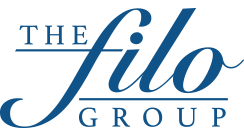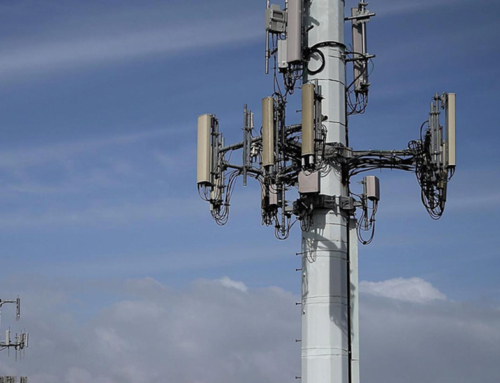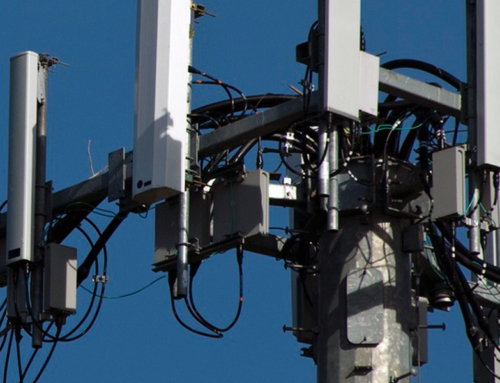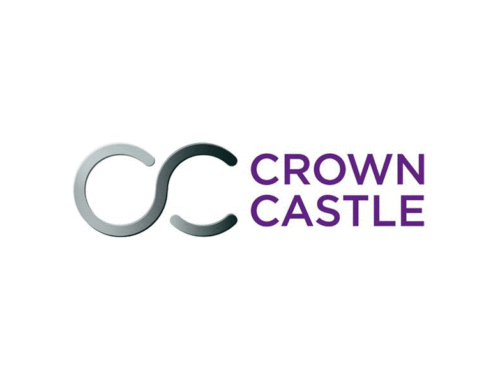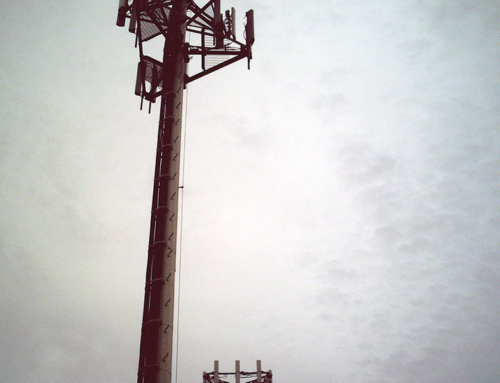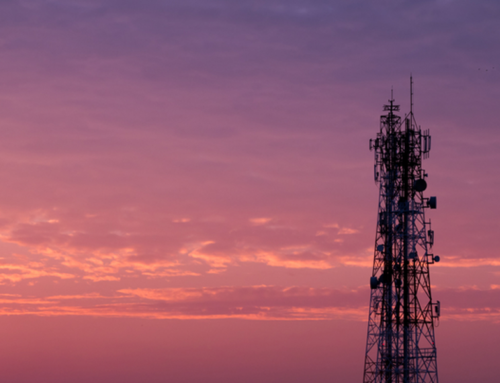Investors, leaseholders and cell tower companies have felt threatened by the prospect that wireless carriers would shift the focus of their network strategies to small cells and other non-traditional communication equipment. We reported about American Tower and Crown Castle stock losing value in the wake of a report from re/code about Sprint Inc.’s Next Generation Network Initiative, a plan to dramatically overhaul its network by moving equipment to cheaper leased government sites. Sprint has since countered that the report “wasn’t correct.”
Crown Castle showed favorable financial results in its second quarter report. It generated $934.4 million in revenue and $395 million in funds from existing operation, beating analysts’ predictions.
American Tower Corporation recently published its first quarter financial results, reporting $1.289 billion in revenue. It posted AFFO (adjusted funds from operations) of $1.41 per share, exceeding Zacks’ consensus estimate of $1.25. The revenue figures show a 19.4 percent increase since last year and indicate that the demand for increased bandwidth from network operators is strong despite diminishing smartphone sales in the last few months.
American Tower CEO Jim Taiclet said in a press release, “The global proliferation of smartphones is driving significant growth in subscriber demand for higher bandwidth applications. As a result, during the first quarter, we continued to experience solid leasing demand across our served markets as mobile operators invest in their networks to manage key performance factors, including coverage, capacity and peak network speed.”
The company recently entered into a $5 billion deal with Verizon to lease over 11,000 cell towers for a period of 28 years. In addition to its services in the United States, Taiclet identified American Tower’s strategy of global expansion. In Q1, the tower company acquired 1,350 sites from Airtel Tanzania for $179 million as well as a 51 percent claim in India’s Viom Networks Limited at the cost of $1.2 billion.
American Tower will continue to work in the direction of diversification of its operations in free-market democracies around the world. As for its outlook for the rest of the year, the company estimated up to $5.5 billion for property revenue, including $515 million from its Viom acquisition.
MoffettNathanson analysts said in a research note analyzing American Tower’s revenues, “While we did not believe the tidal wave of fear that hit the towers was in any way warranted, neither did we think it would recede in such short order, and most clients with whom we spoke at the time were of a similar view. We’ve argued that the passage of time will serve as the catalyst to alleviate investors’ fears. A quarter like the one American Tower just reported represents one of many that will be needed to move the stock off its relative lows … We expect investors with the requisite patience will be rewarded.”
With both Crown Castle and American Tower’s performances surpassing analysts’ estimates, it appears that the cell tower industry is alive and well—at least for the time being. And that is great news for the companies themselves as well as for cell tower leaseholders and investors.
Still, with 5G networks poised to overcome existing 3G and 4G networks in the coming years, it is wise to stay apprised of industry developments and decisions as they can shift gears at any time. The best thing cell tower leaseholder or investors can do to protect their assets is to seek guidance from cell tower lease expert advisors. The Filo Group has unmatched experience and expertise in this area.
Get the best in the business on your side so you can position yourself favorably in the face of industry changes, whatever they may be. For a free consultation, contact The Filo Group.

